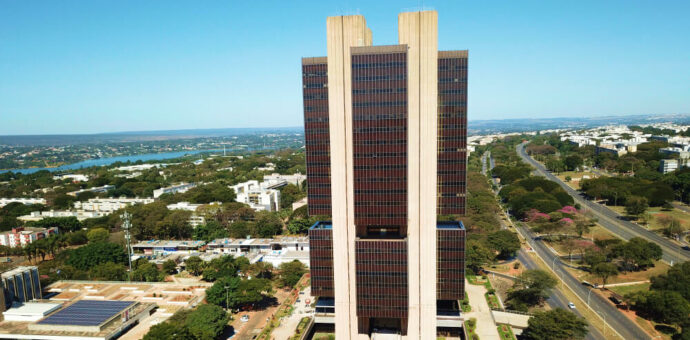The Central Bank of Brazil has just created a working group to assess the opportunities for the tokenization of financial assets on a blockchain. Called GTI Tokenization, the interdepartmental group will conduct studies on crypto assets registration, custody, trading, and settlement activities.
The announcement was made via a Resolution published on Monday, December 12. The move comes less than a month after the Chamber of Deputies approved a bill to regulate crypto assets.
GTI Tokenization: What is it?

According to the Central Bank resolution, the group has “a multidisciplinary and advisory nature, to propose recommendations and evaluate aspects related to the activities of registration, custody, trading, and settlement of financial assets in Distributed Ledger Technologies – DLTs”.
Read also: Regulation of crypto assets: understand the challenges of legislation in Brazil
The group, according to the resolution, must propose recommendations and evaluate the following aspects related to tokenization:
I – comparison between the Brazilian experience and the international scenario;
II – analysis of results of the Sandbox and LIFT Challenge Real Digital initiatives of the Central Bank of Brazil;
III – opening of a discussion forum on the digital economy with other regulators and market participants;
IV – mapping of the activities of bookkeeping, registration, deposit, custody, trading, and settlement, considering the agents and services involved;
V – studying the impact of the use of DLT/blockchain technologies on services and market structure;
VI – surveying efficiency gains within the National Financial System (SFN), as well as financial, operational, reputational, and business risks;
VII – evaluation of the level of cyber security of present tokenization solutions; and
VIII – diagnosis of the legal framework and eventual proposal of regulatory adjustments.
More details about the GTI Tokenization
The group will meet every 15 days. And at first, it must release a report in at most 180 days. After that, the deadline can be extended for the same period at least once. In theory, this means that the Central Bank may have new tools or regulations regarding tokens in less than a year.
In parallel, the CB is working with the Securities and Exchange Commission to regulate crypto assets within the financial market. The CB also foresees having a pilot for the “digital real” by the second half of 2023.







